RETURN TO WHERE?
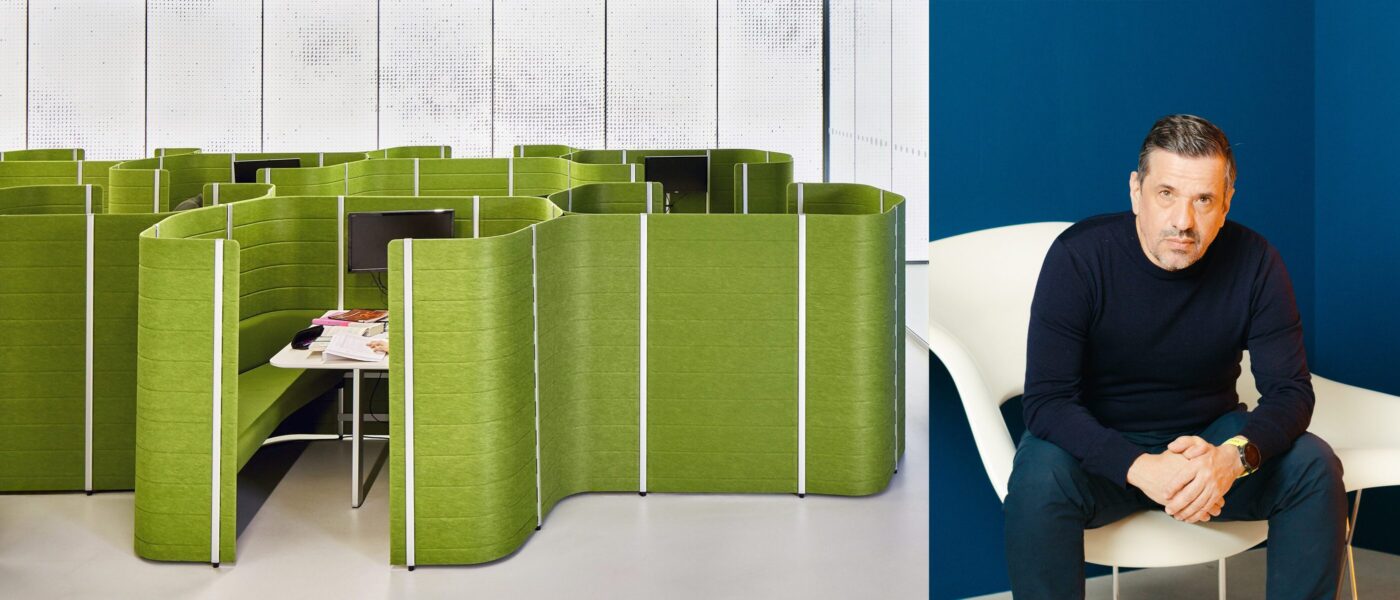
Knowledge work is facing the greatest transformation in its young history. Why? Crises that would otherwise occur individually and last for a decade are occurring simultaneously: global pandemic, climate change, war in Europe, inflation, resource scarcity. At the same time, the leaps in technology are ever greater in ever shorter periods of time: tools, datasets, metaverse. The world is changing – and with it the way we work, with whom and where. Raphael Gielgen, Vitra Trendscout, invited us to join him in rethinking knowledge work as part of the “Dynamic Spaces” roadshow: How has the world of work changed in the last three years – and where is it headed? Questions he answers include: How are established companies coping with the transformation? What role will the real world still play? And will we even need our offices in the future? Missed the livestream? This is the recording of the exciting talk by Raphael Gielgen:
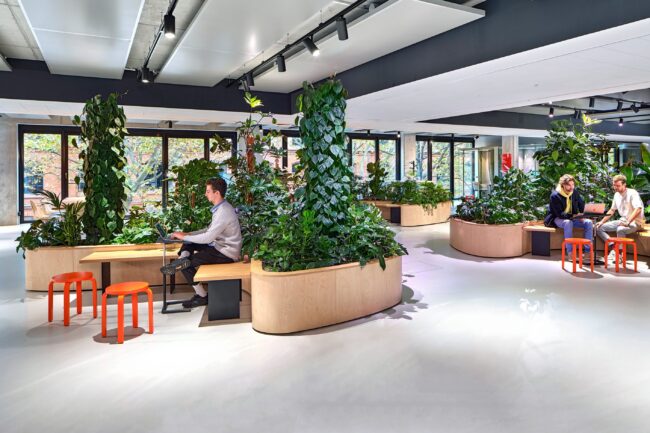
How does transformation begin? By opening one’s eyes and interpreting signals.
The most important tasks of a trend scout are seeing and interpreting signals. Signals that the environment, society – and also the working world send us. Raphael Gielgen summarises four important signals he has encountered since the Corona pandemic:
1. The pandemic represents a permanent turning point in the working world. By entering the world of work with a monitor, we have detached work from a fixed geographical location. The value of work no longer depends on a place – and that changes everything.
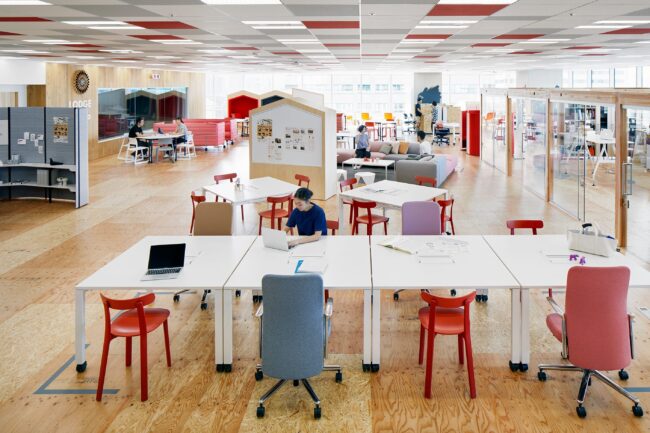
2. At the same time, the pandemic has shown many companies what happens when they operate purely in zoom-in mode. Most plan a maximum of 18 months in advance. What about eight or ten years from now? What are the possibilities, alternative paths, developments and forecasts for my company? Those who don’t dare to zoom out on a regular basis can only react to changing situations and cannot act in a self-determined manner.
3. Looking to the future is urgently required according to the forecasts in the Signature McKinsey Report: New products and services account for 50% of the future market. In reverse, this means that 50% of current products and services will then no longer exist in their current form.
4. Technological leaps such as the Metaverse, an extension of the Internet into a virtually walkable space, are accelerating this development. From 2031, there will be a class of workers who will work exclusively in virtual space.
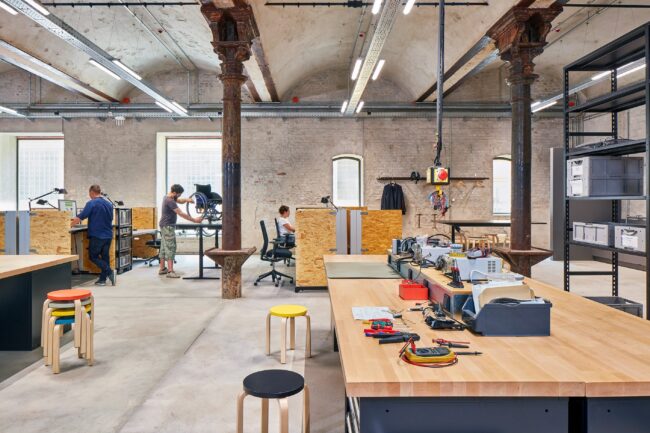
What will we be working on in the future? On new topics.
The most important task for a company should therefore be to become more of a trend scout itself – to see signals, interpret them, and ask oneself as an organisation: How relevant will what I’m doing today be in ten years? In many cases, this leads to the next logical step: A need to renew the organisation. Which companies will be successful in the future? Those who have enough courage and creativity to anticipate and occupy new markets. The main emerging markets for the future are sustainability, protection and empowerment of people, and knowledge work.
Two traditional German companies show how an early zoom-out can contribute to a successful transformation: A major meat and sausage manufacturer recently generated more sales with meat substitutes than with its original product. And a large corporation that used to be known primarily for its electrical appliances is currently working with the world’s top graphics card manufacturer to bring other companies into the metaverse.
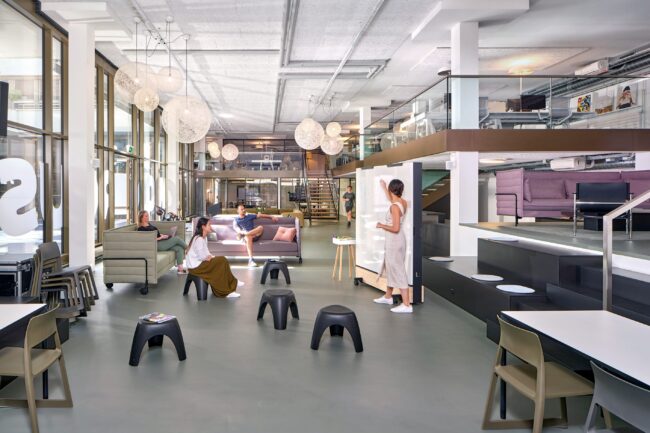
Who will we work with in the future? With altered colleagues.
The ‘renewal’ of their organisation sounds uncomfortable to many people. And indeed, according to the McKinsey report, 4 million employees will change jobs by 2030. An additional 6.5 million need further trainin. The good news: Renewal does not mean loss. Renewal means change. Now it is up to the companies to take their employees along on this journey – for example, through internal training. HR departments also need to rethink matters when it comes to new positions. The trend is towards “half-skilled workers” and skilled workers with partial qualifications. In many fields of work, what will be decisive will no longer be what is written on an applicant’s CV, but what potential they bring with them.
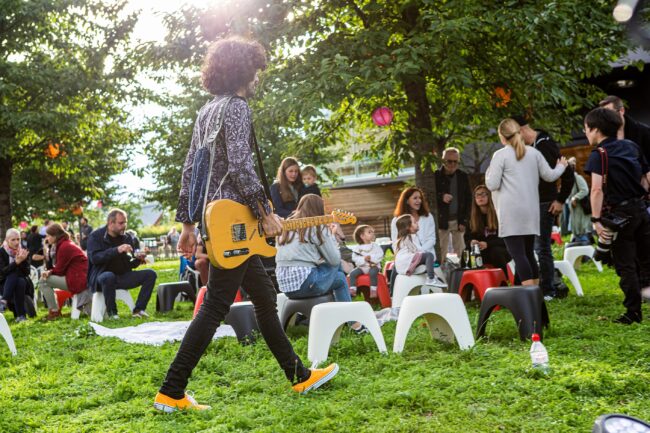
In addition, companies, managers and HR managers should internalise the following insight: Transformation only succeeds with people who support and drive this change. And these people have changed. The pandemic has revealed a deep longing in us humans: A longing for self-determination and freedom, including in the work universe. The question companies should be asking themselves therefore isn’t: When will our employees finally be coming back to the office? But rather: What significance can the office have for them in the future?
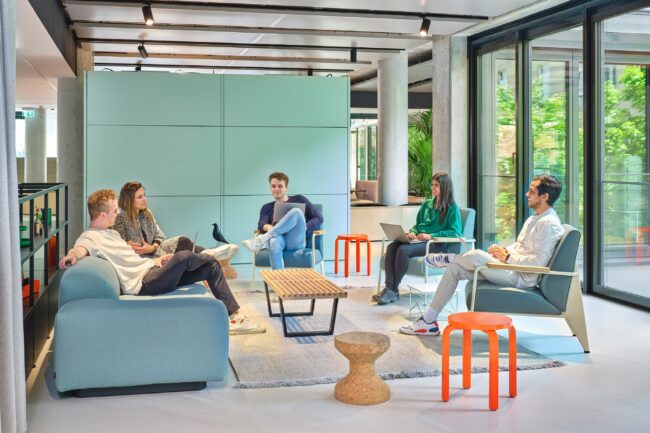
How is the office changing? The answer: Into a space with meaning.
Raphael Gielgen answers the question of whether the working world of the future will still need offices at all with a clear but qualified Yes. The office has lost its former raison d’être as a “place of work”. We don’t just need office space. We need space with meaning. We need:
1. Spaces for rituals
Spaces for rituals are places where people come together – for example, in the cafeteria, the café lounge, the town hall, garden, or at offsides for meetings.
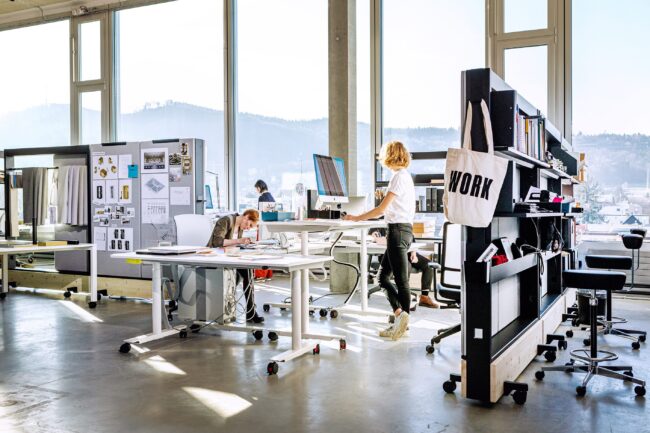
2. Spaces for innovation and progress
Spaces for innovation and progress are places that foster creativity and enable agile, collaborative working. Rooms that function according to the Dynamic Spaces principle, for example: Depending on the task, the space can change with mobile furniture and tools.
3. Spaces for transformation
Spaces for transformation are places where a true pioneering spirit, exploration and social learning emerge. Places where people run into one another instead of walking alongside each other. Places where departments mix. Transformation doesn’t happen in the home office, it happens when different people meet. The formula for the office of the future is simple: What we work on determines where we work.
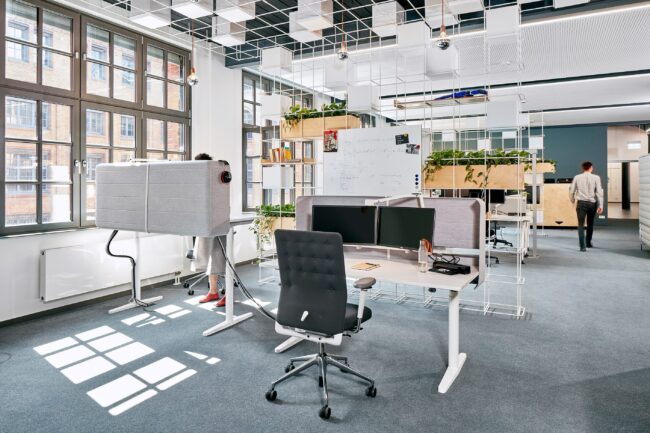
What do we humans need? The digital and the real world.
One thing is certain: The way the world was, it will never be again. However, a look at the past shows us that this has always been the case. To answer the question of what the working world of the future will look like, Raphael Gielgen recommends coming to a complete stop. We should look neither look forwards, nor backwards, but rather at ourselves: How do we humans actually function? What are our needs? Here, the trend scout identifies two trends:
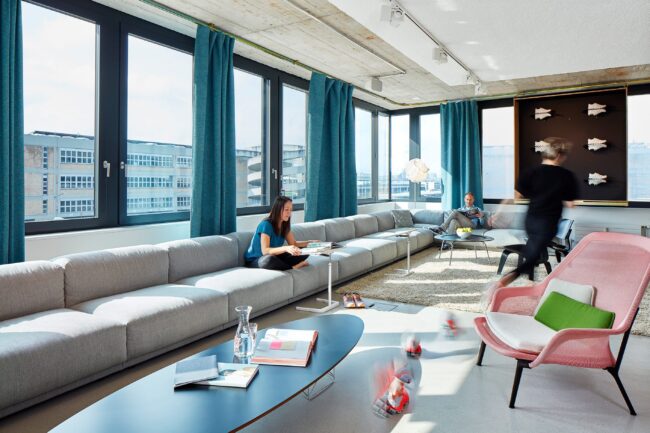
One thing is certain: The way the world was, it will never be again. However, a look at the past shows us that this has always been the case. To answer the question of what the working world of the future will look like, Raphael Gielgen recommends coming to a complete stop. We should look neither look forwards, nor backwards, but rather at ourselves: How do we humans actually function? What are our needs? Here, the trend scout identifies two trends:
We are at your service.

We are at your service.
Visit us in the feco-forum with over 3,500 m² of display area.
Arrange a consultation